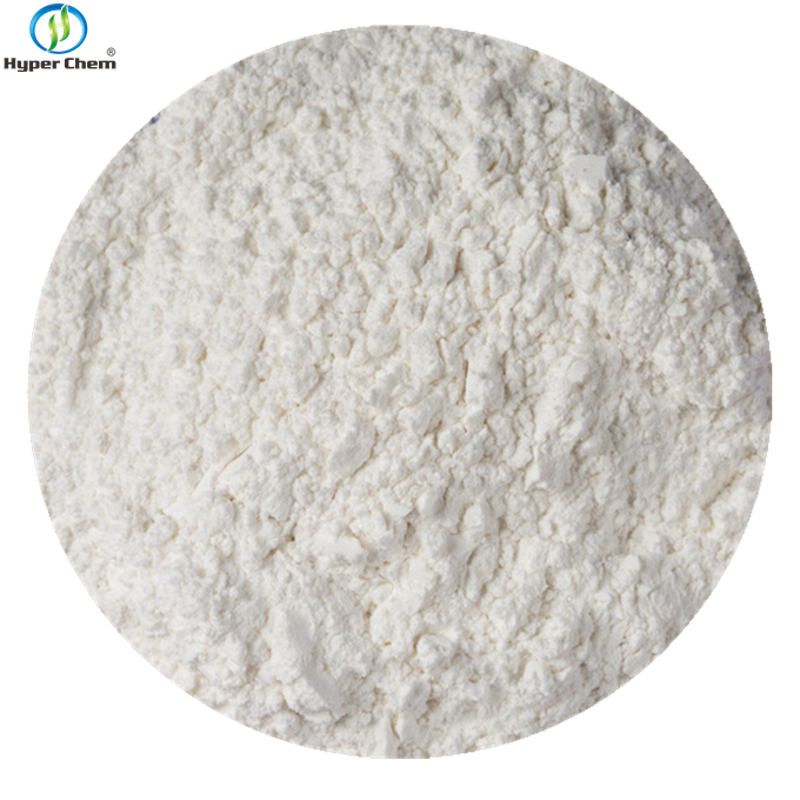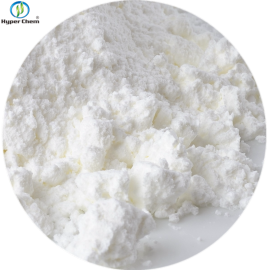-
Categories
-
Pharmaceutical Intermediates
-
Active Pharmaceutical Ingredients
-
Food Additives
- Industrial Coatings
- Agrochemicals
- Dyes and Pigments
- Surfactant
- Flavors and Fragrances
- Chemical Reagents
- Catalyst and Auxiliary
- Natural Products
- Inorganic Chemistry
-
Organic Chemistry
-
Biochemical Engineering
- Analytical Chemistry
-
Cosmetic Ingredient
- Water Treatment Chemical
-
Pharmaceutical Intermediates
Promotion
ECHEMI Mall
Wholesale
Weekly Price
Exhibition
News
-
Trade Service
Idelalisib is a phosphatidylinositol 3-kinase (PI3K) inhibitor used in the treatment of various cancers, including chronic lymphocytic leukemia (CLL) and follicular lymphoma.
This article will discuss the instruction of Idelalisib in the chemical industry, including its production, use, and safety precautions.
Production of Idelalisib
Idelalisib is produced through a multi-step synthetic process that involves the synthesis of several key intermediates.
The synthesis of Idelalisib begins with the preparation of a substituted aniline, which is then transformed into a substituted pyrimidine through a series of chemical reactions.
This pyrimidine is then converted into a substituted urea, which is the key intermediate for the synthesis of Idelalisib.
The final step in the synthesis of Idelalisib involves the conversion of the urea into the final product through a series of chemical reactions.
Use of Idelalisib
Idelalisib is primarily used in the treatment of CLL and follicular lymphoma.
It works by inhibiting the PI3K signaling pathway, which is involved in the growth and survival of cancer cells.
By inhibiting this pathway, Idelalisib can reduce the proliferation of cancer cells, leading to a reduction in the size of the tumor.
Idelalisib is often used in combination with other chemotherapy drugs for the treatment of these cancers.
Safety Precautions
Idelalisib is generally well-tolerated, but it can cause several side effects.
The most common side effects of Idelalisib include diarrhea, nausea, and fatigue.
More severe side effects can also occur, including liver damage, immune system suppression, and damage to the nerves.
It is important for patients to report any side effects to their healthcare provider, as they may need to adjust the dose or discontinue the use of Idelalisib.
In addition to these side effects, Idelalisib can also interact with other medications, including immunosuppressive drugs, antidepressants, and blood thinners.
Patients should inform their healthcare provider of all medications they are taking before starting treatment with Idelalisib.
Storage and Handling of Idelalisib
Idelalisib should be stored at room temperature, away from light and moisture.
The drug should be stored in a tightly sealed container to protect it from humidity and moisture.
It is important to handle Idelalisib with care to avoid exposure to the drug.
Gloves and protective clothing should be worn during handling, and any contact with the skin should be avoided.
Conclusion
Idelalisib is a phosphatidylinositol 3-kinase (PI3K) inhibitor used in the treatment of various cancers, including chronic lymphocytic leukemia and follicular lymphoma.
It works by inhibiting the PI3K signaling pathway, which is involved in the growth and survival of cancer cells.
The production, use, and safety precautions of Idelalisib are critical to its successful application in the chemical industry.
Proper handling and storage of the drug are essential to avoid any adverse effects.
The use of Idelalisib in combination with other chemotherapy drugs can lead to improved outcomes for patients with CLL and follicular lymphoma.







